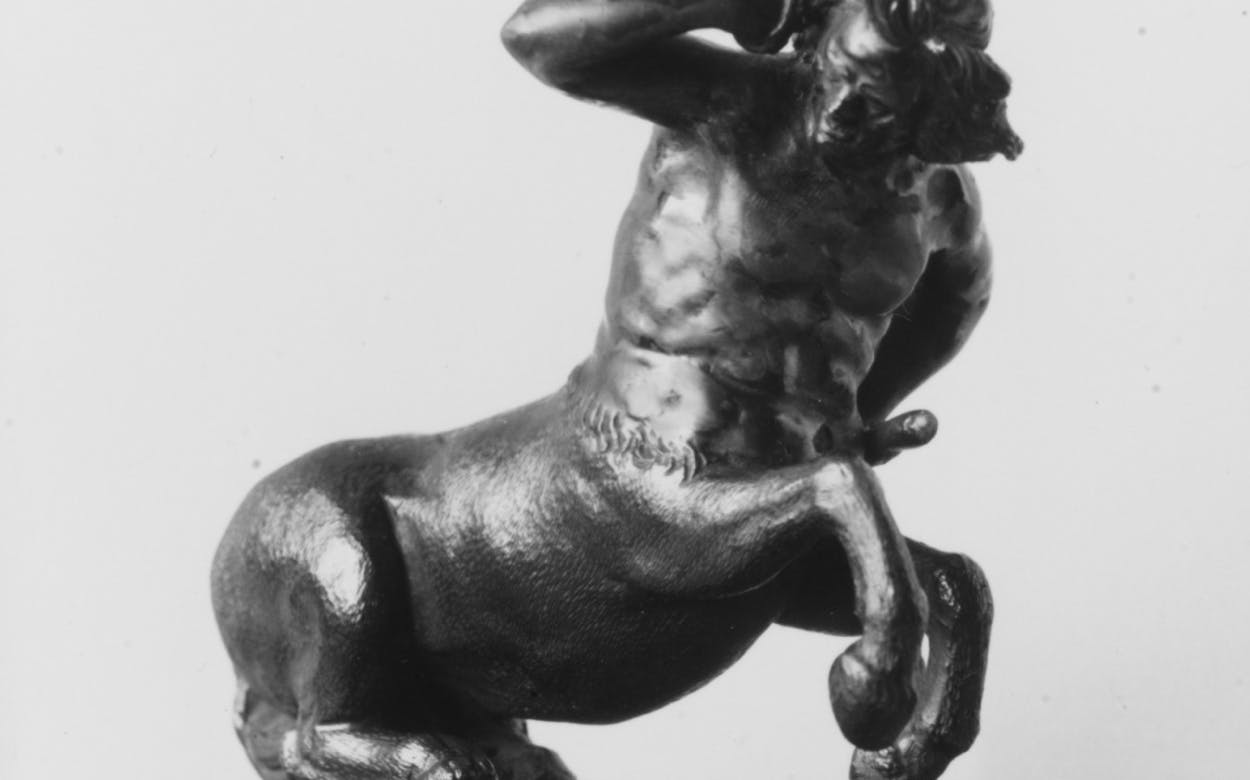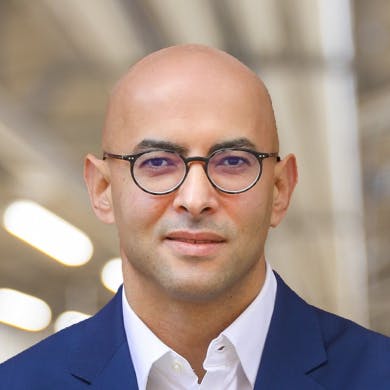What chess teaches us about AI in medicine
Many headlines about artificial intelligence ask whether AI will take away healthcare jobs. Others claim that algorithms will replace doctors.
I think that most of these headlines are nonsense, and that they simply aim to generate clicks. This is why I'm glad to have found a recent study that shows it's not artificial intelligence or humans that are better at detecting breast tumors, but a combination of the two.

For anyone who knows anything about the history of artificial intelligence, this will come as no surprise. In the 1990s, humans and computers fought their first major battles for world supremacy:
In 1997, chess grandmaster Gary Kasparov fought Deep Blue, a chess-playing expert system developed by IBM, under tournament conditions. Kasparov lost, and Deep Blue ushered in a new era. After the defeat, Kasparov was frustrated for a long time. He felt that some moves were so intelligent and creative that only humans could be behind them. But after some reflection, Kasparov proved himself reasonable. He recognized something that AI researchers call Moravec's Paradox, which claims that machines and humans have opposing strengths and weaknesses. Machines are incredibly good at processing data and solving precise tasks. We humans, on the other hand, are good at being creative and finding out-of-the box solutions. Kasparov wondered what would happen if computers’ processing skills were combined with humans’ large-scale thinking. And so in 1998, he created the first "Advanced Chess" tournament, where each human player cooperated with a computer program. The teams of man and machine were called “centaurs”—and they proved to be more effective, efficient, and simply better than any Chess-AI or human grandmaster.
Today, centaurs are everywhere—be it in highly specialized workspaces, where AI can work through data faster and more efficiently, and then present it in an understandable way, or in everyday life, as in the case of cars, where systems are helping us drive more safely.
In many industries, experts have concluded that the goal should not be to automate certain tasks, but to improve and augment overall decision making.
Naturally, this also applies to the MedTech ecosystem. I strongly believe that AI will not replace physicians in the near future. What will happen, however—and this brings me back to Gary Kasparov—is that physicians who use AI will replace physicians who don't use AI.
The future will be one of collaboration, whether that involves people working together across healthcare systems, data sharing, or human-machine collaboration. The future will showcase how well we can work together. Because together, we are faster, stronger, and above all, smarter.
